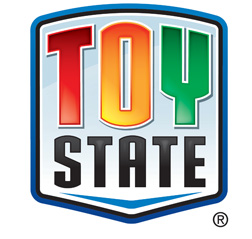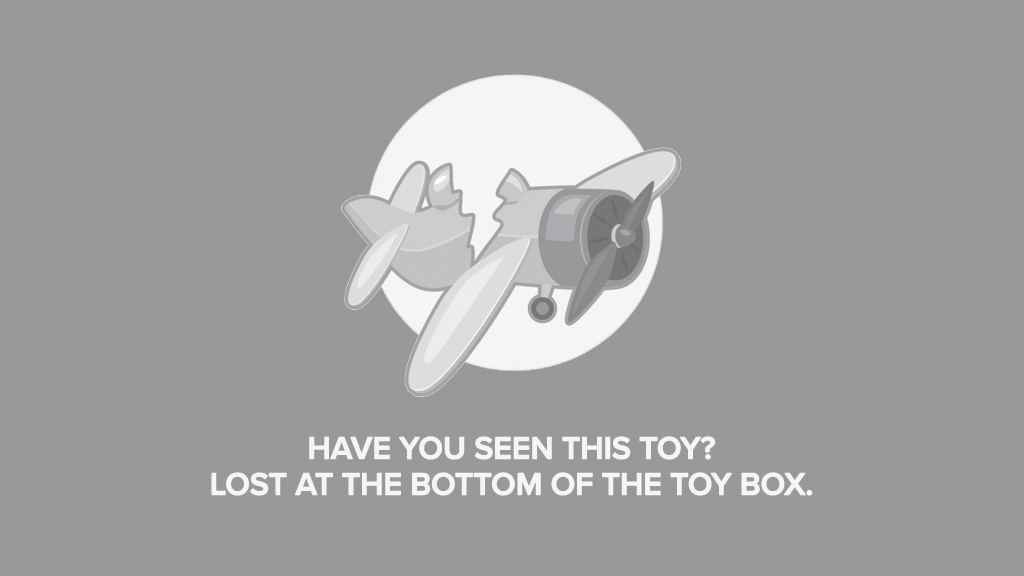By Brian MacKinnon, Toy State senior vice president of sales
 First and foremost, toy makers are committed to providing retailers with high quality products. But if we can do this in an environmentally friendly way and be more profitable—well, now we are talking!
First and foremost, toy makers are committed to providing retailers with high quality products. But if we can do this in an environmentally friendly way and be more profitable—well, now we are talking!
Over the past few months, Toy State has been part of a Wal-Mart-sponsored pilot program, RedE, intended to educate companies on ways to utilize sustainability best practices to both save energy over time as well as increase profitability. This past April, we were proud to be recognized by Wal-Mart as a global leader in this effort.
Let me share with you what we’ve learned through this pilot program so far:
- After implementing RedE at our factory in China, we have already projected an 18-percent energy savings for this year, making it a green initiative that also saves green! By seizing opportunities to improve energy efficiency, we at Toy State save money, which helps keep our product cost down, and in turn, allows consumers to purchase a high quality product at an affordable price. As it turns out, running cleaner really can be good business.
- Little things, such as turning off the lights when leaving the office, or larger-scale initiatives, such as installing air-leak prevention systems to capture and reuse energy on the line, all add up to savings. Best of all, we have found these processes to be relatively simple to implement. To be sure, you have to make the effort to change the mindset of employees, and to be mindful of new ways of doing things. But it’s working. Not only have we found our employees to be receptive to these changes, they are doing so with great pride, as doing good lends to feeling good about your job.
 All businesspeople want to be profitable, and sustainability is a new way to save money, improve the bottom line, better protect the planet, and help build your corporate brand—all at the same time. We at Toy State also think sustainability will drive sales over time, since there are a growing number of consumers who turn to green as a purchasing tiebreaker. Although you must always start with a toy that children want, and is safe, well-made, and competitively priced, when multiple toys meet those criteria, we believe sustainability can tilt the field in its favor. Therefore, we think toy makers and retailers who prioritize sustainability will win more and more tiebreakers as time moves on.
All businesspeople want to be profitable, and sustainability is a new way to save money, improve the bottom line, better protect the planet, and help build your corporate brand—all at the same time. We at Toy State also think sustainability will drive sales over time, since there are a growing number of consumers who turn to green as a purchasing tiebreaker. Although you must always start with a toy that children want, and is safe, well-made, and competitively priced, when multiple toys meet those criteria, we believe sustainability can tilt the field in its favor. Therefore, we think toy makers and retailers who prioritize sustainability will win more and more tiebreakers as time moves on.
Since inviting us to be part of the RedE program, Wal-Mart has given us the tools to be a more sustainable producer, and kudos to them for it. Toy making is a noble calling, and toy making with sensitivity to the environment is nobler still.
We’ve found that it’s good business to boot. Good for our retail partners, good for our customers, and even good for us.
For those interested in learning more about RedE or getting involved in Wal-Mart’s Supplier Energy Efficiency program, visit the RedE homepage.

